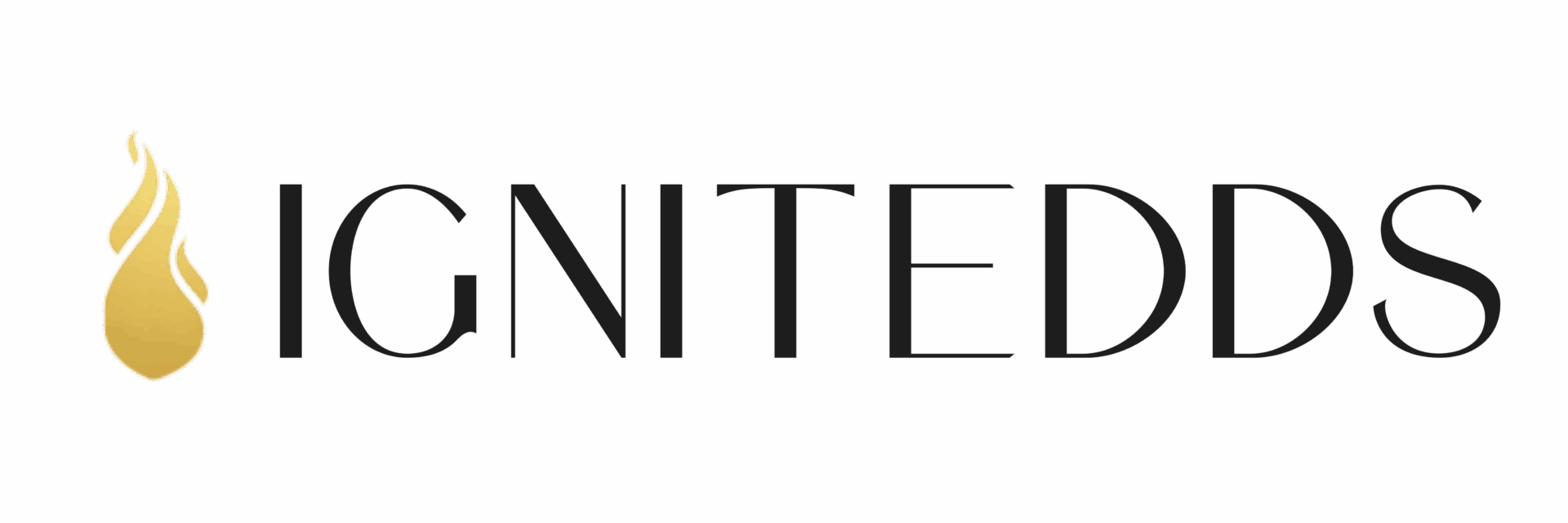By: Angela Holland
I’d imagine starting a dental practice is a thrilling experience, whether you’re acquiring an existing practice, opening a startup, or starting as an associate at an established location. One of the most critical aspects of growing and sustaining your practice, especially in the early stages, is revenue management and if you’re accepting insurance, its negotiating with insurance companies, particularly PPOs (Preferred Provider Organizations).
However, a surprising number of dentists, especially first-time practice owners, are unaware that they can and should negotiate PPO fees during the credentialing process. In fact, this is often the most important time to secure optimal reimbursements, yet many dentists overlook or misunderstand this opportunity.
The American Dental Association (ADA) reports that nearly 80% of dentists in the United States participate in some form of insurance. The importance of getting your insurance contracts right from the start cannot be overstated, as these contracts can impact your practice’s financial stability for years to come.
4 Things to Know about Dental Insurance Credentialing
Let’sl explore why the credentialing process, and particularly PPO fee negotiations, is so crucial for first-time practice owners and how it can directly influence your success.
1. Most Contracts Last for Two Years, And They’re Hard to Change
One of the most common misconceptions I hear from first-time practice owners is that they didn’t realize they could negotiate PPO fees during their first credentialing process. This is a huge missed opportunity, especially when you consider that many insurance contracts are valid for two years, meaning that if you don’t negotiate optimal fees from the start, you could be stuck with unfavorable terms for a significant period.
According to the ADA Health Policy Institute, dental practices can lose between 10-15% of their potential revenue if they fail to negotiate fair reimbursement rates. This becomes even more significant when you realize that, during the initial credentialing phase, you have the leverage to negotiate the best possible rates. Once these contracts are locked in, it can be much harder to renegotiate them.
Failing to secure favorable reimbursement rates in the beginning could lead to years of underpayment. And because most contracts last two years, you could find yourself facing a situation where the fees you’ve agreed to are suboptimal, but you won’t have the opportunity to renegotiate until your contract is up. Even then, it might not be easy to get the changes you need.
2. New Practices Need Maximum Revenue from the Start
When starting a new practice, whether you’re purchasing an existing one or opening from scratch, the financial pressure is high. Start-up costs, overhead expenses, and paying down loans often take a significant portion of the revenue generated. Without optimal insurance reimbursements, you may find it difficult to cover these costs while building a patient base.
Maximizing revenue early on is essential to ensure your practice can grow. This is where negotiating PPO fees becomes crucial. You may have to negotiate for higher reimbursements from insurance companies than the standard rate they initially offer.
Research from the ADA has shown that practices that successfully negotiate insurance fees early can see up to 20-30% higher reimbursements compared to those that accept standard or lower rates. These funds can make a significant difference in your ability to pay off debts, hire staff, invest in marketing, and grow your practice sustainably.
3. Set the Stage for Long-Term Success with Fair Fees
When you start your practice with optimal insurance reimbursements, you put yourself in a better position to succeed in the long term. Starting on the right fee schedule sets a strong foundation for your practice’s financial health, allowing you to continually increase your fees every two years—along with inflation and the rising cost of living.
The ADA’s 2021 Survey of Dental Practice reported that nearly 68% of dental practices have at least one PPO contract, and those practices tend to focus on ensuring their fee schedules stay competitive. If you negotiate your fees correctly from the outset, you won’t have to spend valuable time every two years trying to fight for better reimbursements. Instead, you can focus on growing your patient base, improving your services, and expanding your practice.
Additionally, by ensuring your fees are optimized from day one, you avoid staying on an “unfair playing field” for years. Instead of accepting low reimbursements, you can continually increase your fees in line with market trends, inflation, and the increasing costs of operating a dental practice. With each renegotiation period, your practice will be better positioned to thrive.
4. Credentialing with the Right Insurance Companies and Networks
Another essential aspect of credentialing is selecting the right insurance networks for your practice and region. The ADA’s 2020 Health Policy Institute data reveals that dental PPOs are the most common insurance plan offered by employers, making it essential to get your practice credentialed with the PPOs that dominate your area. Being credentialed with the right companies ensures that you are not only attracting a steady stream of patients but also getting reimbursed at competitive rates that reflect the value of the care you provide.
Choosing the right insurance networks also plays a role in increasing patient volume. If you are not credentialed with popular PPOs in your area, potential patients may avoid your practice because they will be forced to pay higher out-of-pocket costs. Ensuring your practice is part of the right networks helps you attract new patients while optimizing reimbursements for your services.
The Secret Recipe
Hire insurance experts to set you up for long term success from day one!
With insurance contracts often lasting two years, failing to negotiate properly could lead to lost revenue that’s difficult to recover. Maximizing your reimbursement rates from the beginning allows you to cover startup costs, pay off loans, and set your practice up for long-term success. Moreover, credentialing with the right insurance companies and networks ensures that your practice attracts new patients and remains financially viable.
By securing the best possible fee schedules (we know what those are) early in your practice’s journey, you set the stage for sustained growth and avoid being stuck with suboptimal agreements. With the right approach to credentialing and with proper PPO fee negotiations, you can start your dental practice on the path to success from day one.
Keep Reading: You Purchased a Dental Practice, Congratulations! (Insurance Credentialing….Where to Start?!)
Photo by Mikhail Nilov

